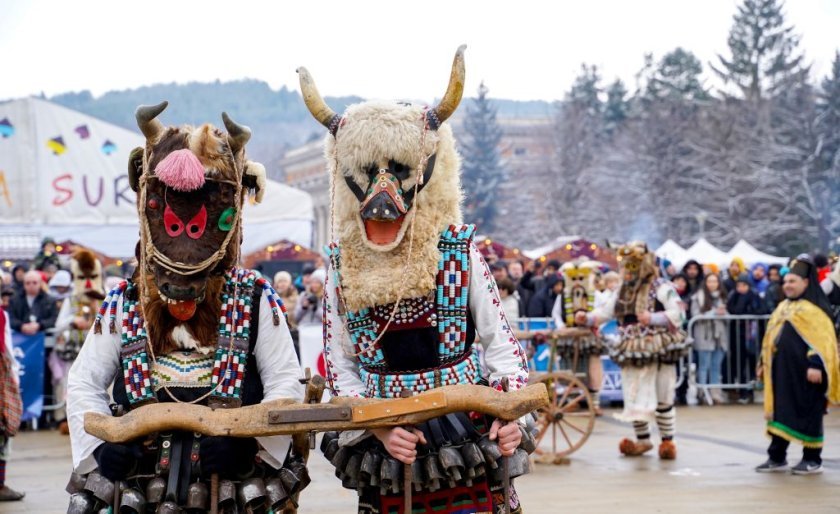
A record number of participants took part the 29th edition of the international festival of masquerade games "Surva" in Pernik.
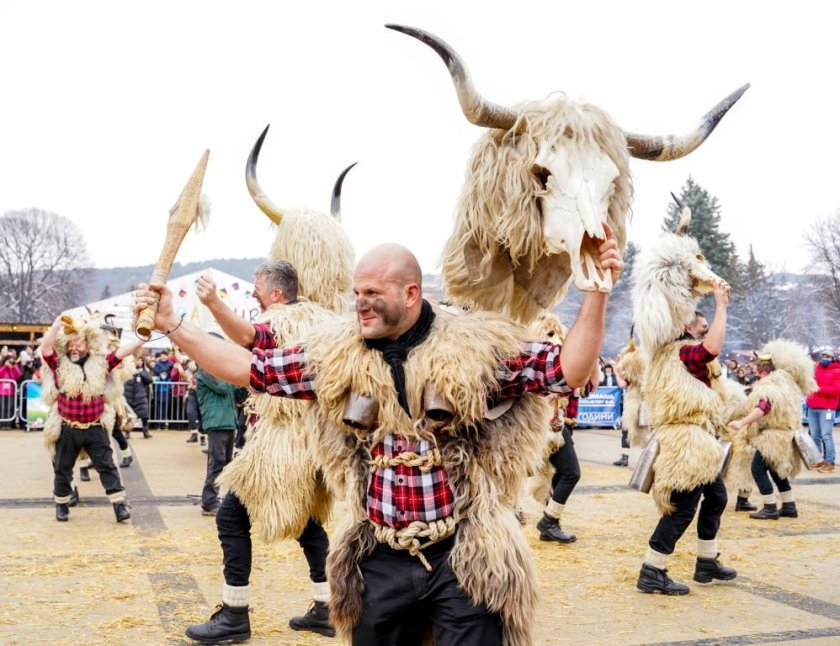
After a three-year break due to the Covid-19 pandemic and 2020 water crisis in the area, the long-awaited festival of masquerade games was held for 3 days instead of the usual two.
More than 10,000 participants from Bulgaria and abroad presented their traditions and customs at the largest festival in the Balkans from 27 to 29 January 2023.
The opening of the festival was attended by President Rumen Radev.
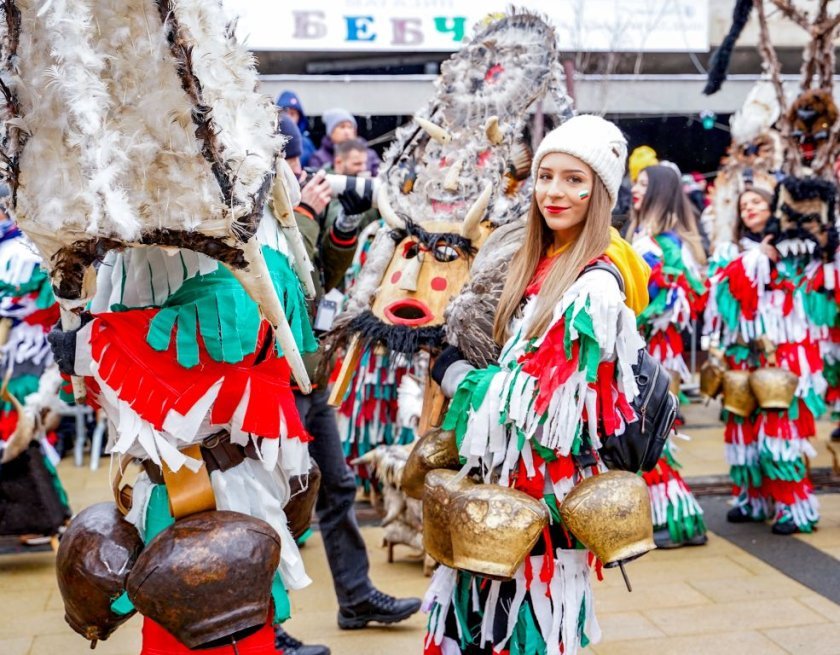
15 foreign masquerade groups from Greece, Romania, Serbia, Italy, Slovenia, Albania, North Macedonia, Montenegro and Croatia took part in the festival.
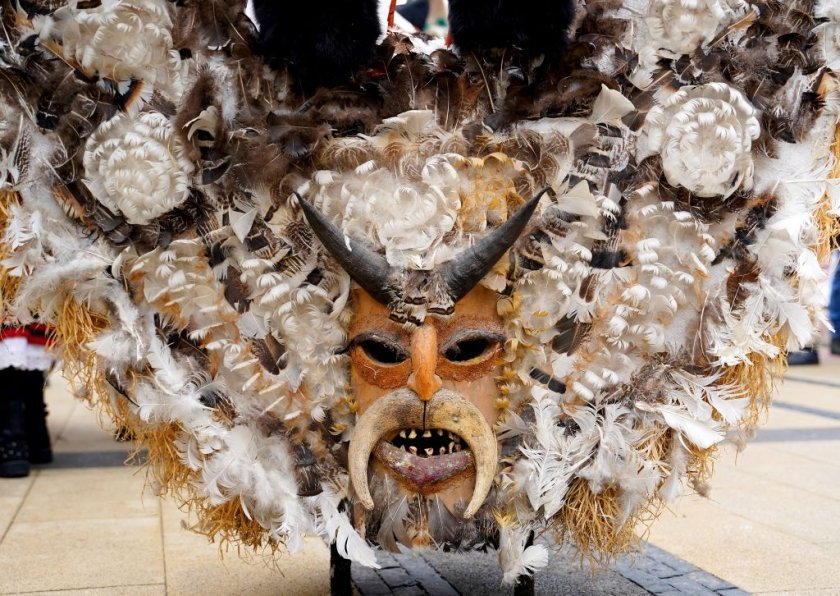
The International Festival of Masquerade Games "Surva" is organised by the Municipality of Pernik and the "Culture Pernik" Foundation under the patronage of the President of the Republic of Bulgaria Rumen Radev, with the financial support of the Ministry of Culture and the National Fund "Culture", "Competition for grants for projects of national importance for 2022".
***
The festival held in Pernik is the oldest festival of the masquerade games in Bulgaria. The first edition was opened on January 16, 1966.
Mummers (Kukeri in Bulgarian) is a Bulgarian tradition of Thracian origins. In ancient times the old Thracians held the Mummers Play in honour of god Dionysus.
The Mummers plays are performed by men, dressed in colourful hand-made costumes and wearing scary masks. Each wears a leather belt around the waist with huge copper bells (chanove) attached to it.
The ‘Mummers’ masks are decorated with threads, ribbons, laces and usually represent animals like goats, bulls, rams, or even chicken. Some of the masks are double-faced. On one of the sides, the nose is snubbed and the face is good-humored, on the other side, the nose is hooked and the face is ominous. Those masks symbolize the good and the bad which co-exist in the world.
In different ethnographic regions of Bulgaria men put on masks around New Year, during the twelve days of Christmas (Christmas till Epiphany), on Sirni Zagovezni (Forgiveness Day), and on Todorova Nedelia (the Sunday before the start of the Easter Fast).
The symbolic meaning of the winter and pre-spring rituals is related to the end of the old year, the beginning of the new and to the awakening of nature for new life. These rituals represent the wish for a rich harvest, good health and fertility for humans and farm animals.
The dance of the masked men is a mystic unity of rhythm, sound, and colour. Moving in a special step, mummers walk around, jump and dance special magic dances to scare away the evil spirits, to celebrate the beginning of spring and hopes for a good harvest, health, land fertility, and happiness.
The sounds of the bells hanging from the belts of the dancers are believed to strengthen the protective properties of the masks.
In the different parts of Bulgaria mummers are called Kukeri, Survakari, Babugeri and Dzhamilari. This ancient custom became even more popular after 1985, when the festival gained international-event status.
Images by Dessislava Kulelieva
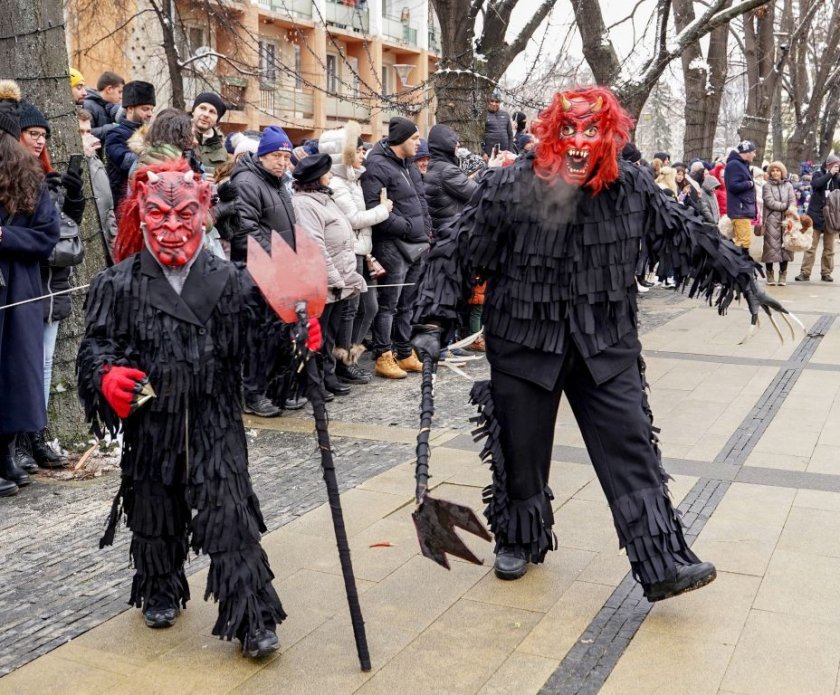
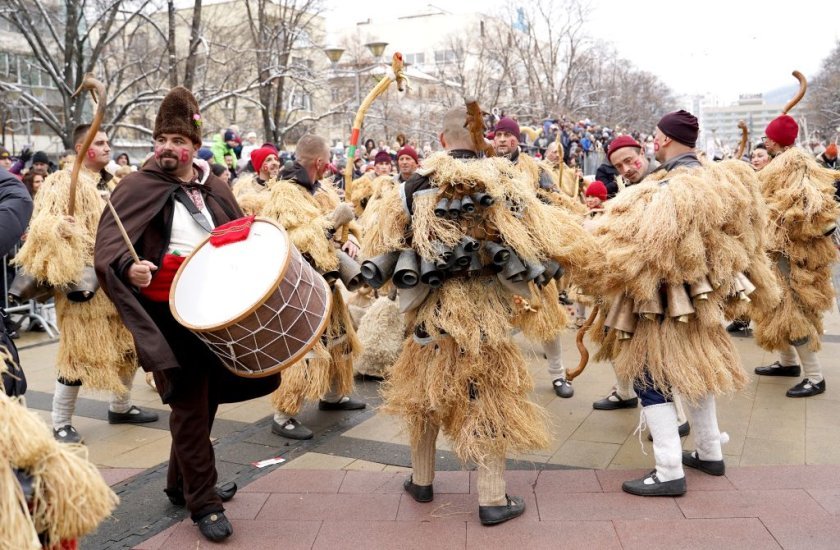
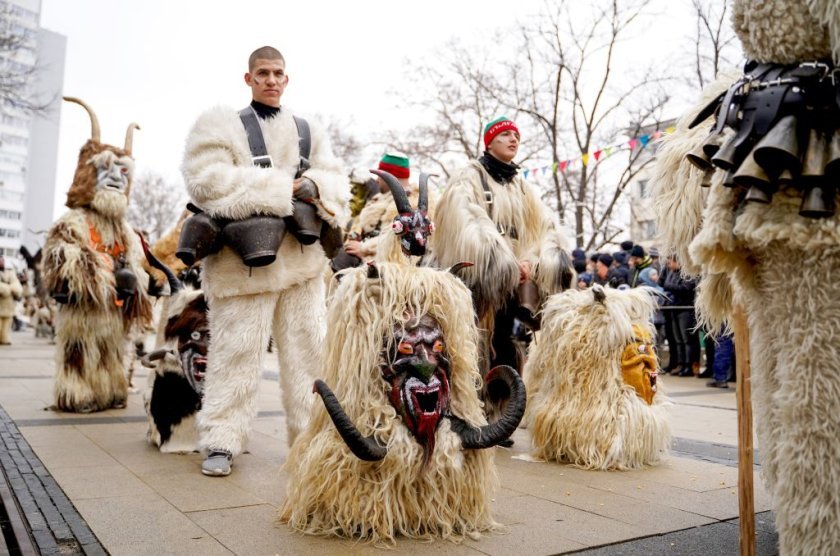
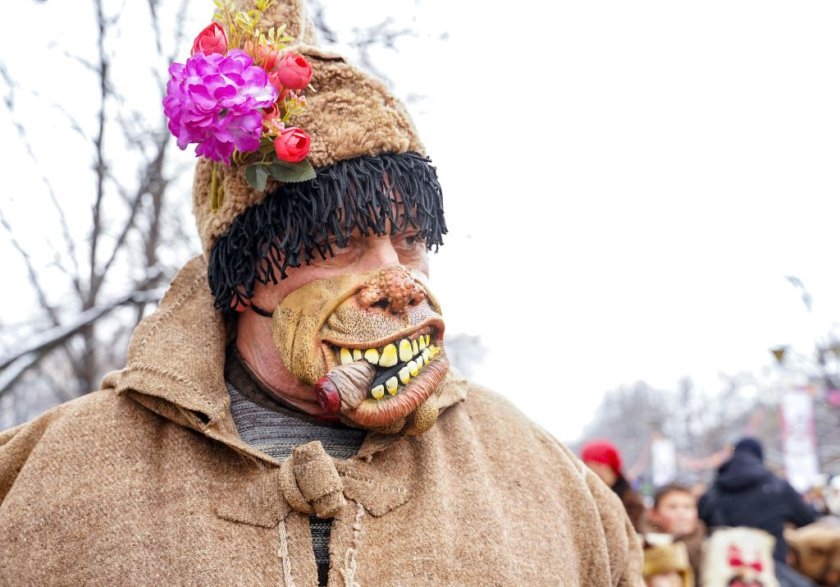
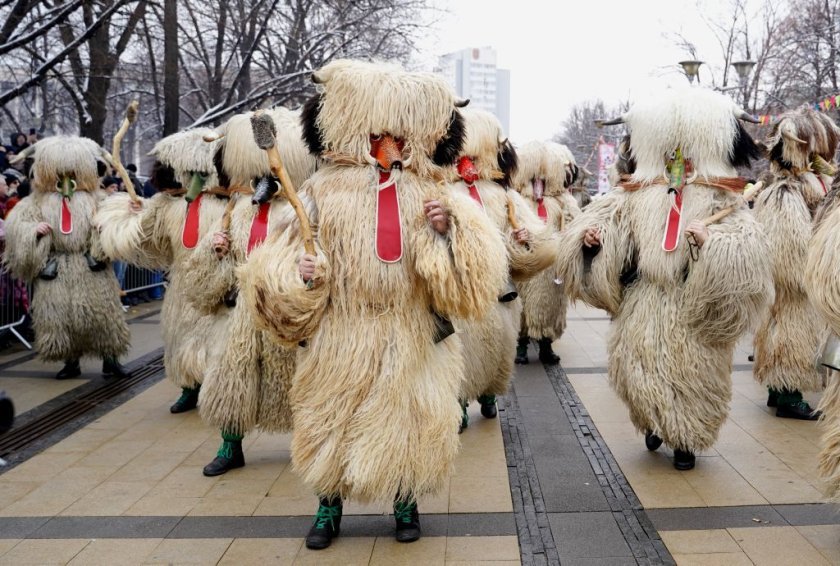
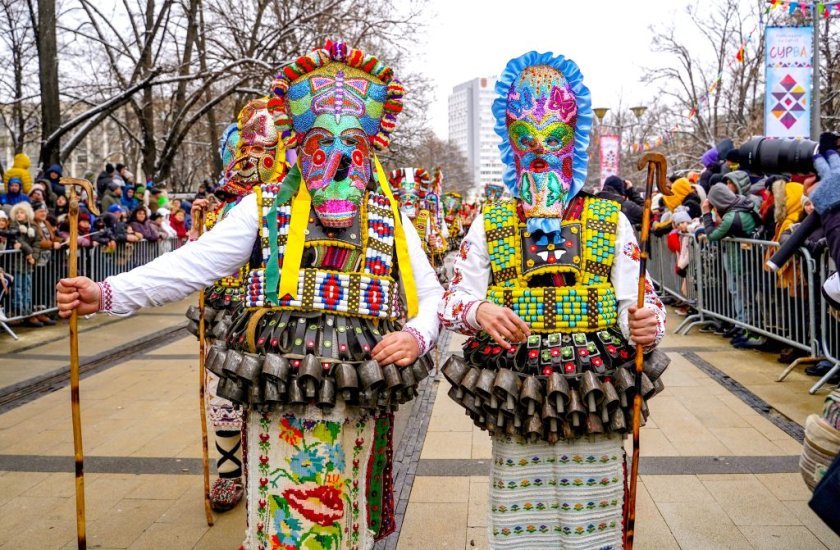
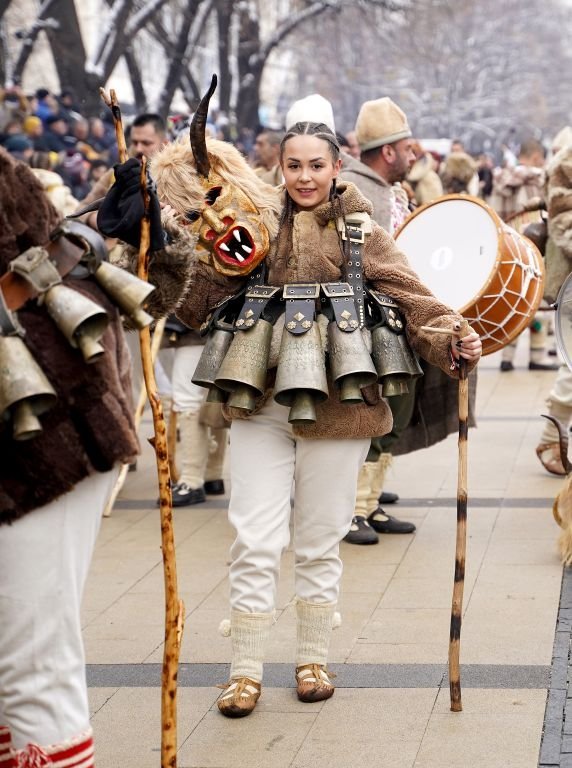
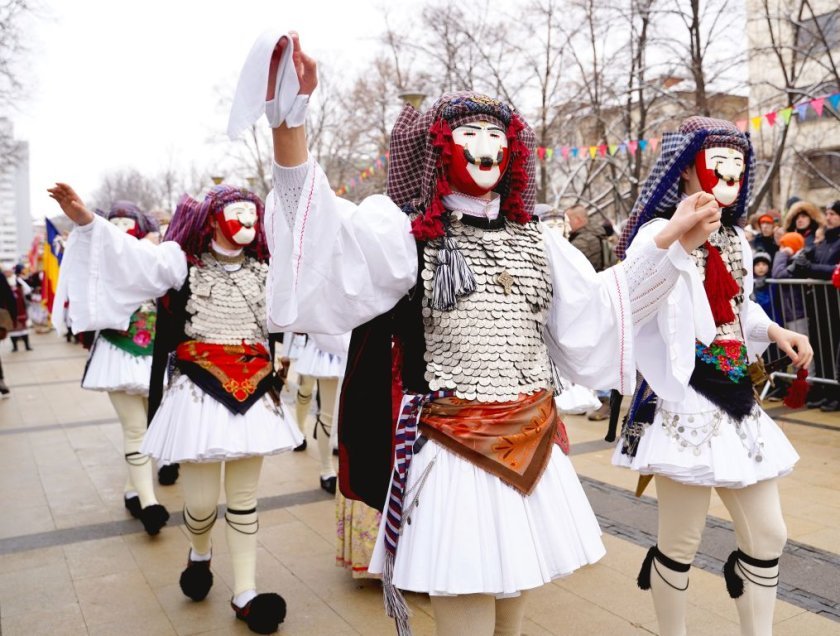
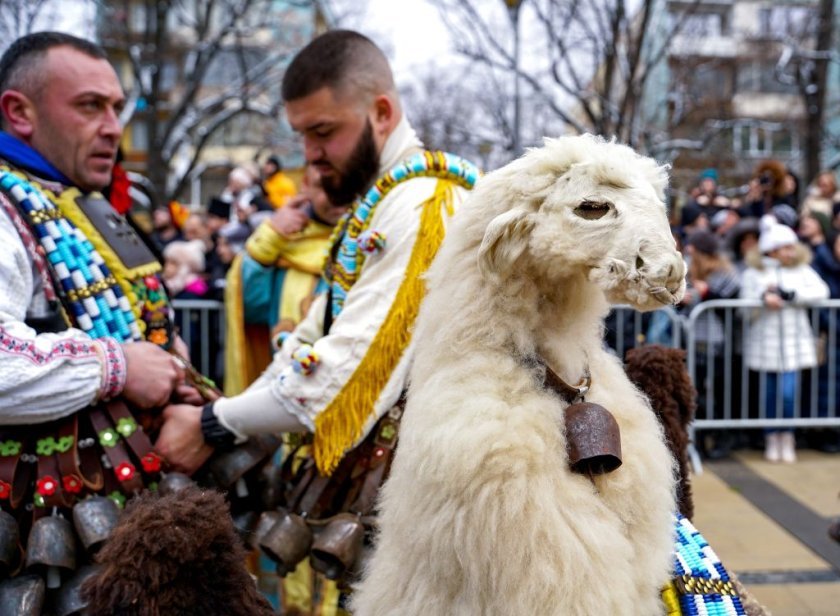
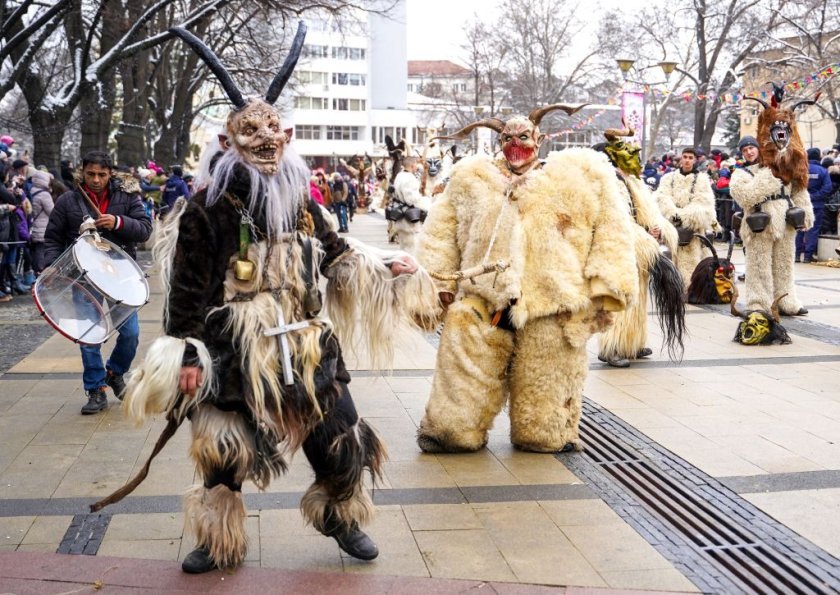
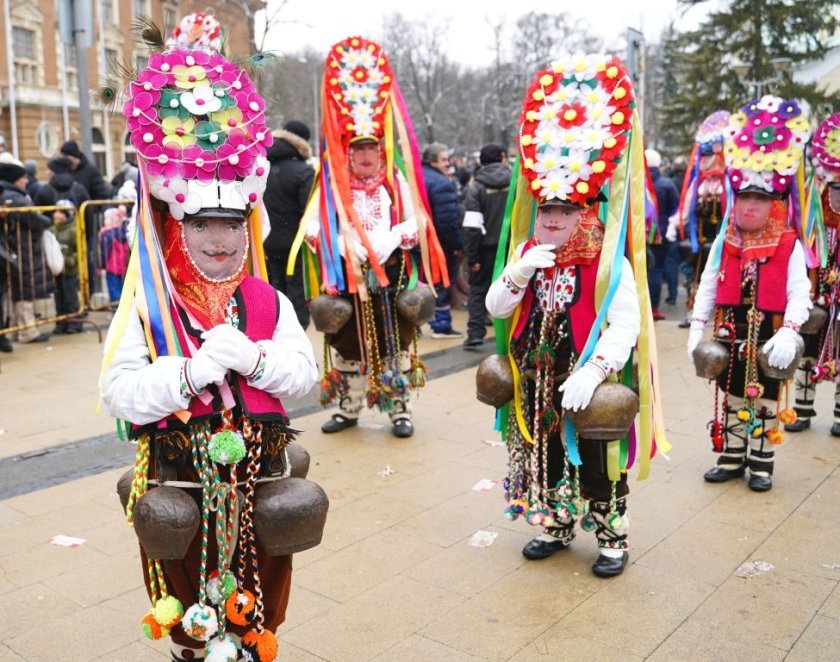
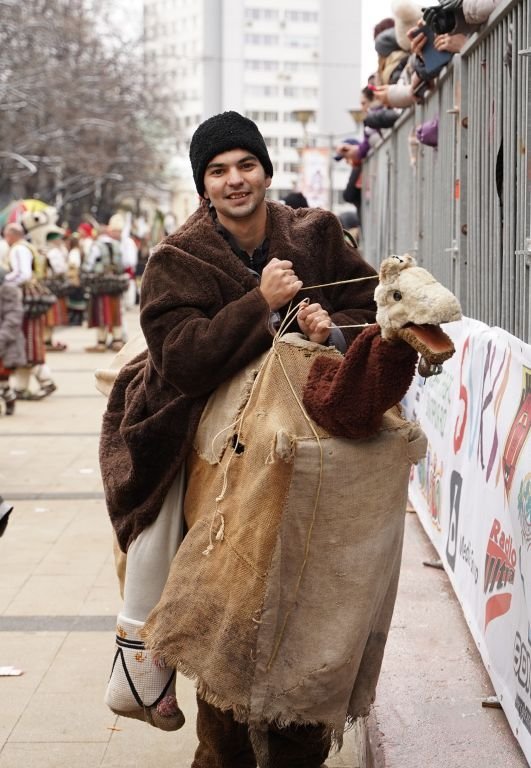
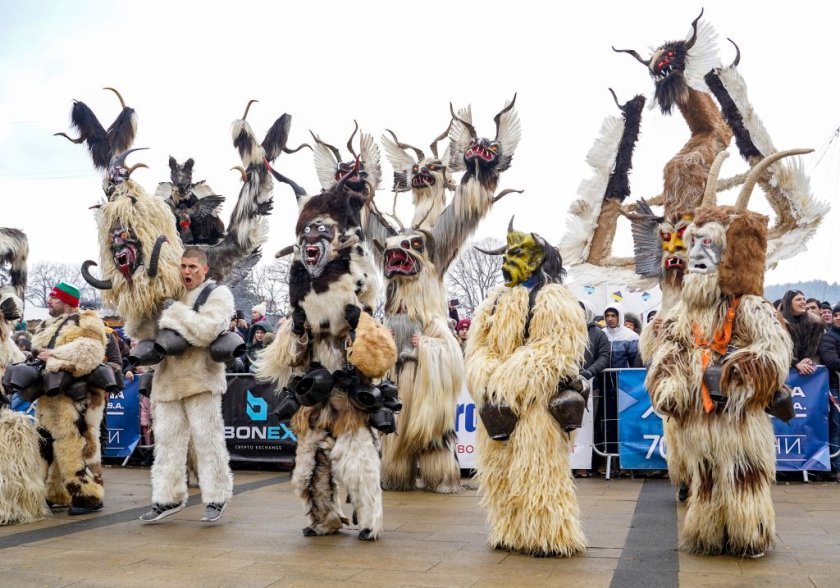
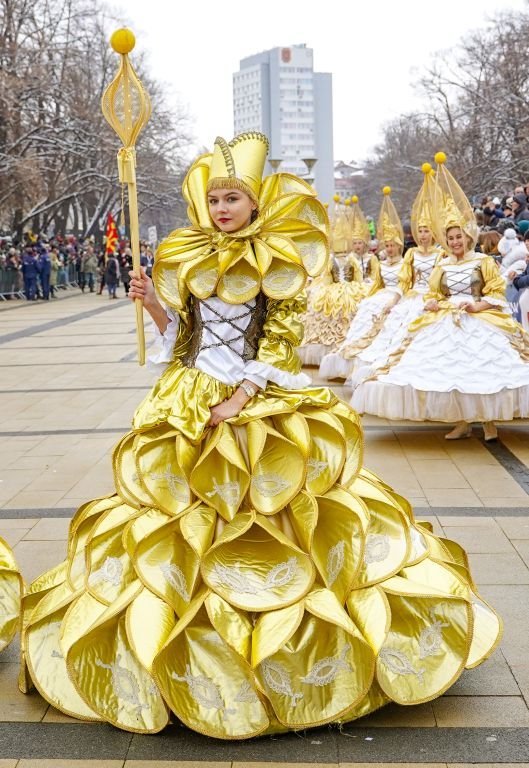
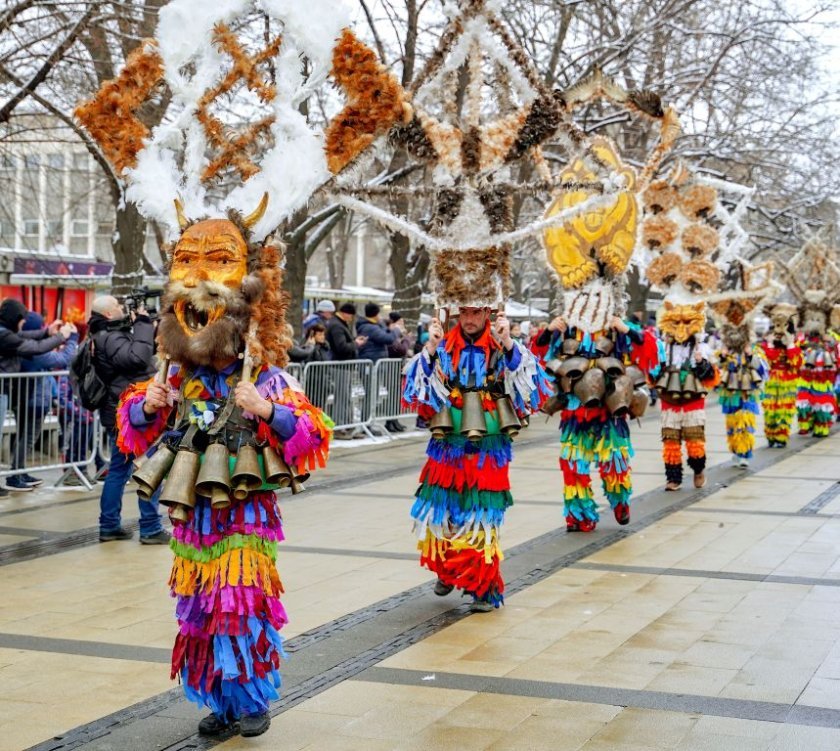
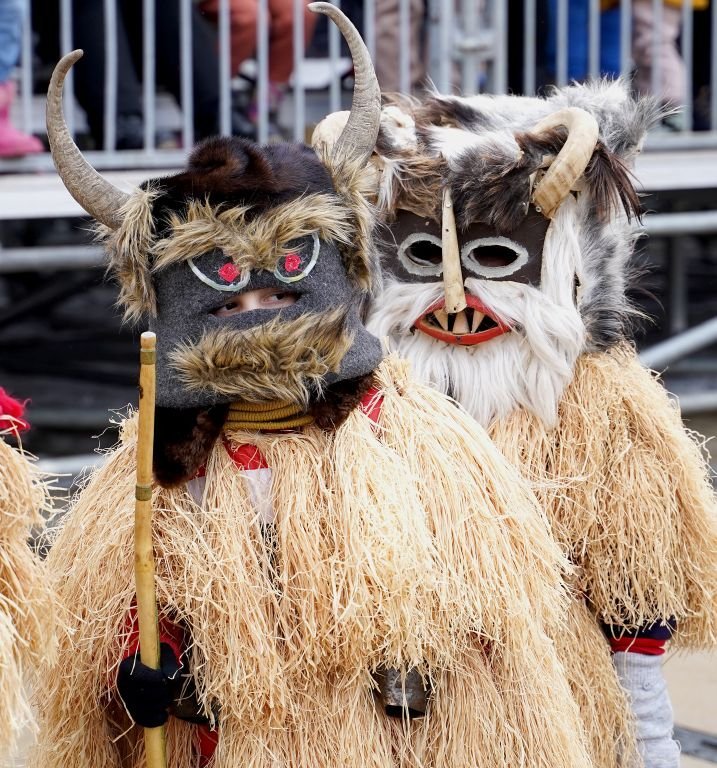
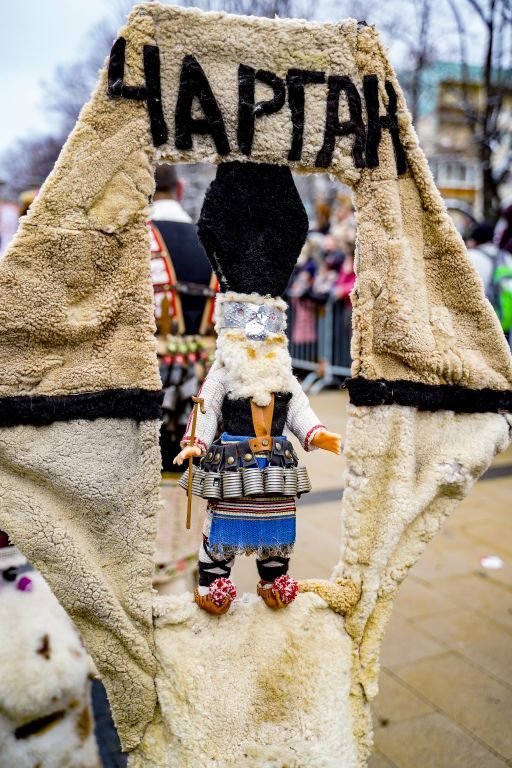
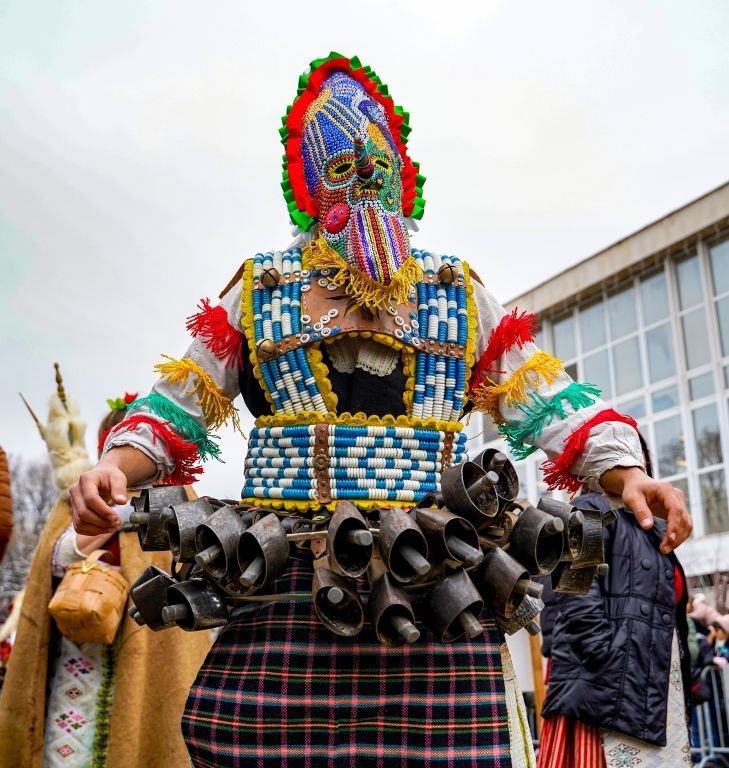
 Министър Околийски за Националната детска болница: Звучи като "Белене" в здравеопазването, някакви хора имат интерес да протакат процеса до безкрай
Министър Околийски за Националната детска болница: Звучи като "Белене" в здравеопазването, някакви хора имат интерес да протакат процеса до безкрай
 "Сирени вият ден и нощ, не можем да се приберем": Разказ от първо лице на блокирани в Близкия изток българи
"Сирени вият ден и нощ, не можем да се приберем": Разказ от първо лице на блокирани в Близкия изток българи